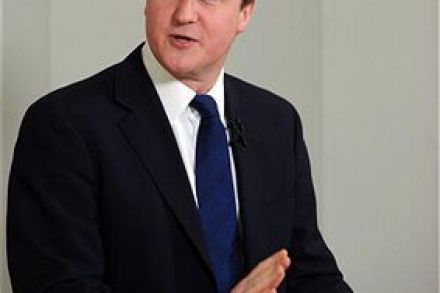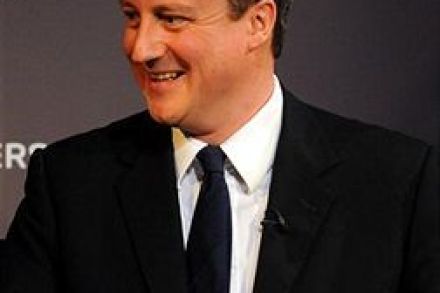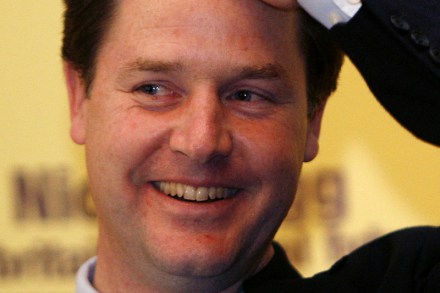PMQs live blog | 17 March 2010
Stay tuned for live coverage from 1200. 1201: And here we go. Brown starts with condolences for fallen troops, and also for the late Labour MP Ashok Kumar and his family. For the first question, Tony Baldry takes on Brown over his claim that defence expendintue has risen in real terms under Labour. A note from the House of Commons library has since shown this to be “incorrect”. Brown says that he is already writing to Chilcot to correct this. Brown: “I do accept that, in one or two years, defence expenditure did not rise in real terms” – but it did rise in cash terms. Not a good start


















